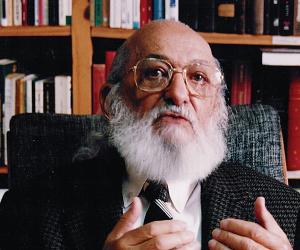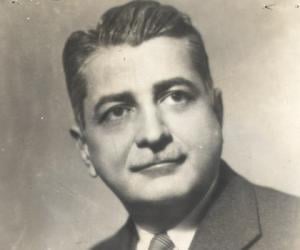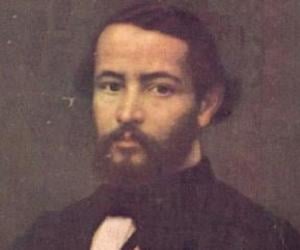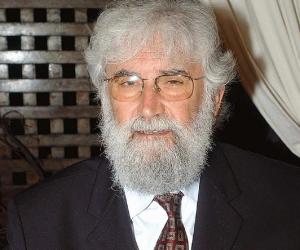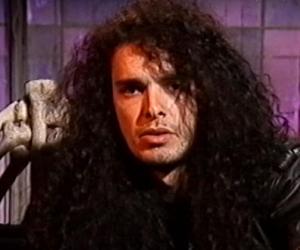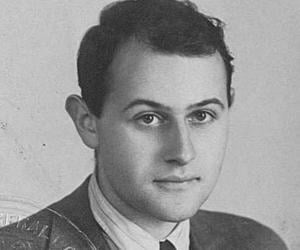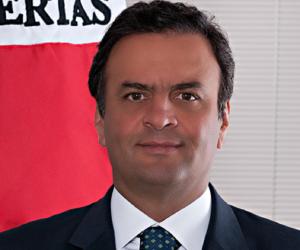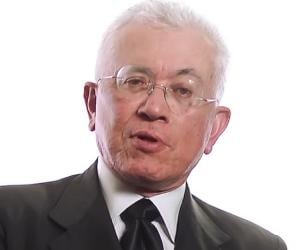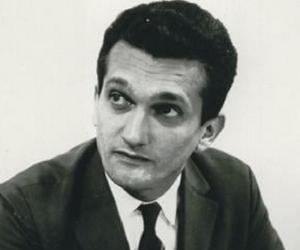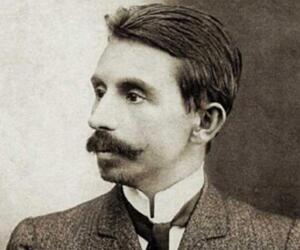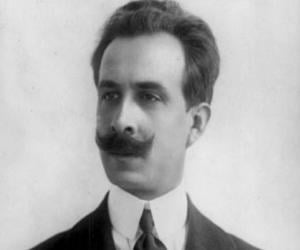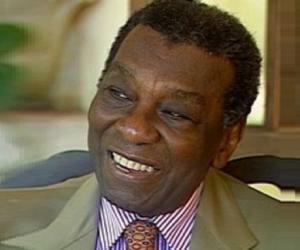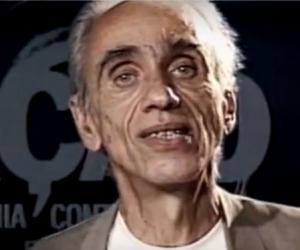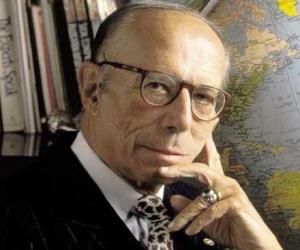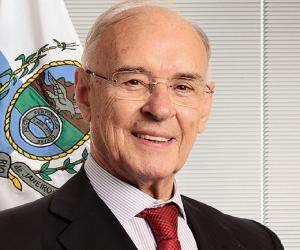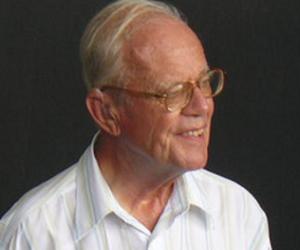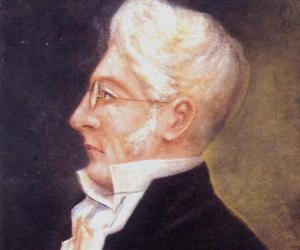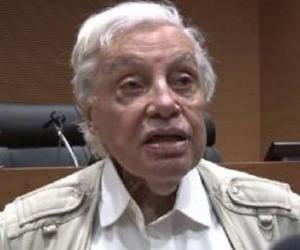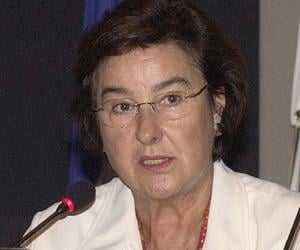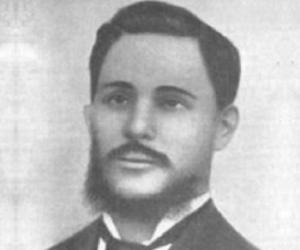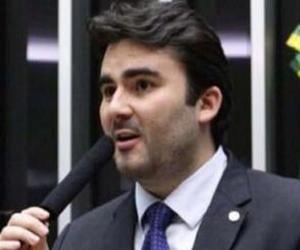1
Paulo Freire
(Educator and Philosopher)
Birthdate: September 19, 1921
Sun Sign: Virgo
Birthplace: Recife, Brazil
Died: May 2, 1997
Paulo Freire was a prominent Brazilian educator and philosopher known for his advocacy of critical pedagogy. His groundbreaking work "Pedagogy of the Oppressed" is widely regarded as a foundational text in the critical pedagogy movement. Throughout his professional life, Freire played a key role in advancing educational theories and practices that aimed to empower marginalized individuals and promote social justice. His contributions have had a lasting impact on the field of education, making him a highly influential figure in the realm of critical pedagogy.
